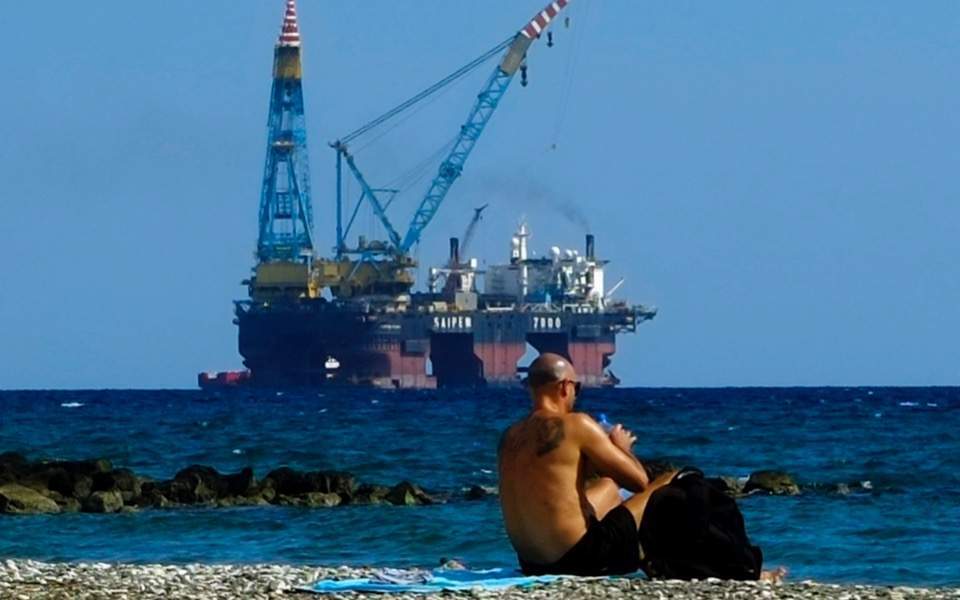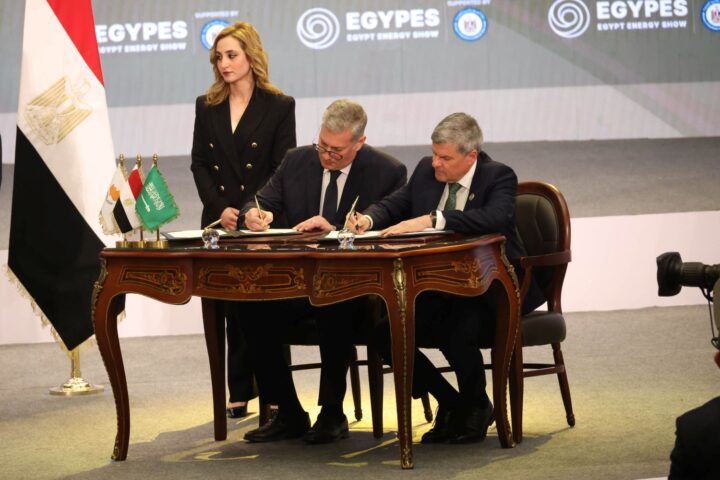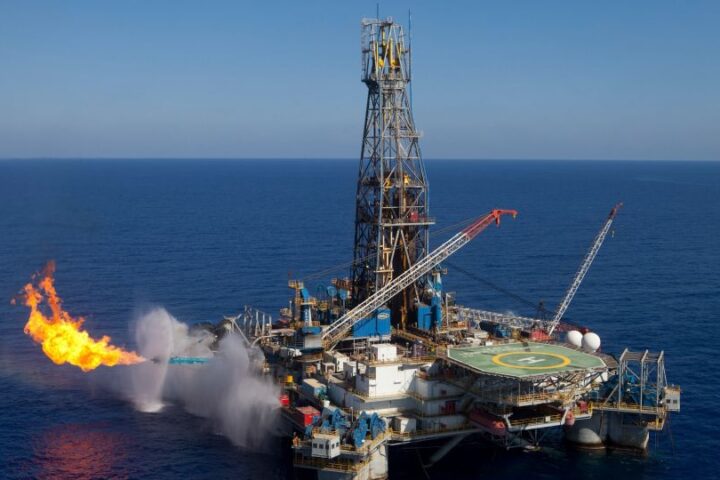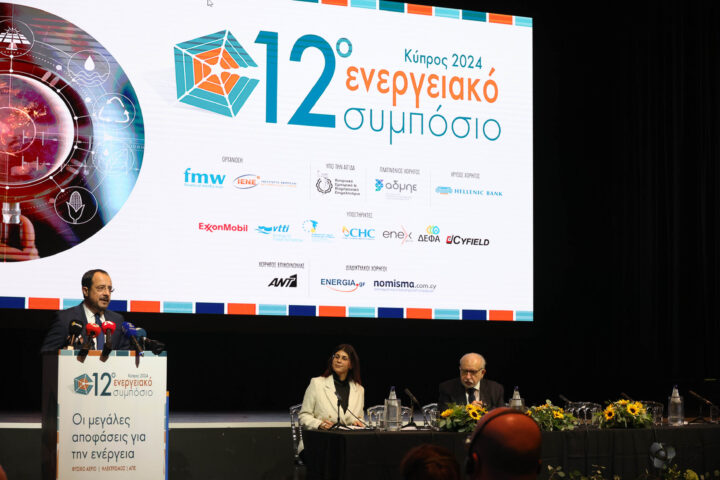The Energy Ministry is holding intensive consultations with the licensed consortium for producing natural gas from Aphrodite by 2027 while a dispute with Israel is on the mend.
Energy Minister Natasa Pilides on Friday briefed MPs on the government’s hydrocarbon search in budget discussions.
She hopes for positive developments on the dispute with neighbouring Israel’s Yishai gas field during a visit by President Nicos Anastasiades to Israel on November 9.
Pilides said all the parameters regarding Yishai, which is adjacent to Aphrodite, have been agreed upon with Israel, and there should be a response from the Israeli side “very soon”.
Pilides hoped the new Israeli government would not change its position following the elections there.
Israel and Cyprus have been involved in a long-running dispute over the gas field’s development.
About 10% of the Aphrodite-Yishai gas field is in Israel’s exclusive economic zone, and the rest belongs to Cyprus.
Israel and Cyprus signed an agreement to set the border between their exclusive economic waters in 2010.
The agreement, which was designed to arrange the development of gas reservoirs straddling both countries’ territories, was never signed.
It is estimated the Israeli side of Aphrodite-Yishai has 10 billion to 12 billion cubic meters of natural gas, much less than the Leviathan gas field, which has an estimated 605 bcm.
Regarding Aphrodite, she said the plan concerns the interconnection of the infrastructure with the existing infrastructure and pipelines to ensure prices and arrangements will benefit Cyprus.
On the appraisal well in Aphrodite next year, Pilides stated that this would be, at the same time, a production well, with additional investment for this purpose.
“Our position is that all the natural gas found in Aphrodite should be utilised to benefit the Republic of Cyprus.
“A very important chapter of the discussions that will follow is how the Republic will ensure low prices and the arrangement for block 12 to include the supply of natural gas for Cyprus.
“A dialogue with the European Energy Commissioner is very important to examine whether there is room to speed up the energy program and the creation of common infrastructure by the companies so that Cyprus can also supply the EU.”
Pilides said 2027 was a “realistic goal” for production to start from Aphrodite, and the opportunity to supply the EU exists for the next few years but surely by 2030.
The evaluation of the data from the seismic surveys in blocks 5 and 10 by the ExxonMobil consortium is also pending, and the evaluation of the data from the new Eni-Total Energies drilling in block 6.
She argued that prevailing scenarios are for natural gas to be transported to Egypt and the floating LNG facility at the ENI-Total and Exxon Mobil fields.
Arrangements will be made so that non-liquefied natural gas can come either from the Cypriot fields or from Energean’s fields in Israel, which intends to bring a pipeline to Cyprus for natural gas to come at a much lower price.
The minister said RES penetration in power generation increased to 14.9% in 2021 compared to 12.6% in 2020, while there are 180 commercial RES to be implemented.
“It can reach 50% within the next 5-7 years by promoting storage and electrical interconnection projects.”










